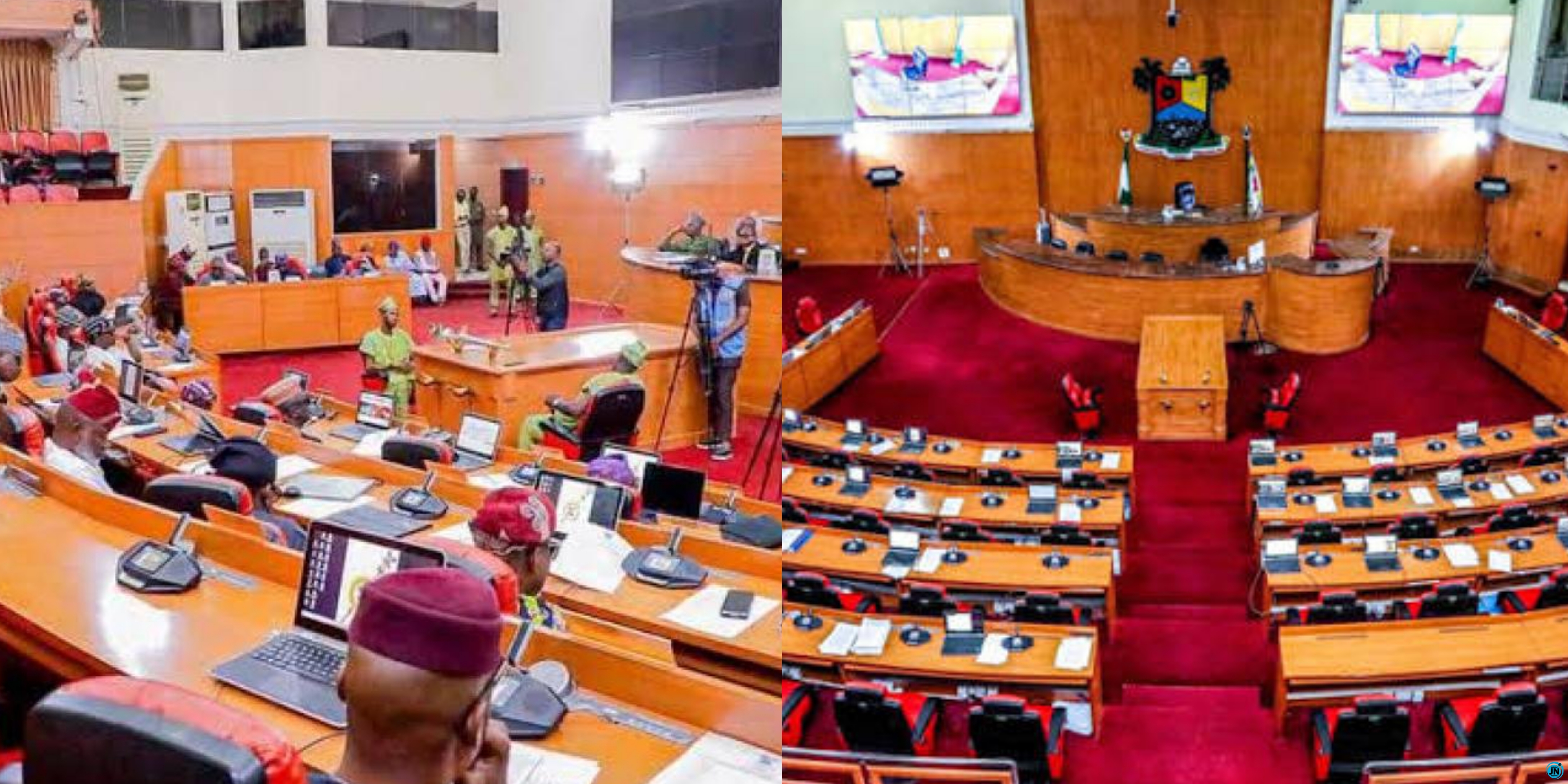
The Lagos State House of Assembly has once again come under intense public scrutiny after details from the 2025 approved budget revealed plans to spend a staggering N4.5 billion on forty 50KVA generators. This allocation has sparked widespread controversy, with critics questioning the necessity and justification for such a large expenditure on power equipment in a legislative complex.
According to the budget document, the project is listed under the description “Purchase and installation of forty 50 KVA Generators.” However, the document does not provide clarity on whether the generators are intended for individual lawmakers’ personal use or if they are meant to serve as shared backup power for the Assembly complex. This lack of transparency has fueled further speculation and public outrage, especially considering the high unit cost, with each generator averaging N90.7 million, an amount many deem excessive for standard 50KVA units.
Additional lavish expenditures raise eyebrows
This proposed spending on generators is part of a larger pattern of extravagant allocations in the Assembly’s budget. A review of previous expenditure plans showed that the Assembly had set aside N6.2 billion for the acquisition of forty properties across Lagos and Abuja. The specific purpose of these properties remains unclear, raising questions about accountability and the prioritization of public funds. Reports indicate that between January and June 2025 alone, N1 billion was already disbursed toward these acquisitions, highlighting the pace and scale of spending by the lawmakers.
Furthermore, the Assembly has historically allocated substantial amounts for vehicles. Over a two-year period, a total of N45 billion was designated for official and backup cars. In the 2025 budget, an additional N20.6 billion has been earmarked for the purchase of more vehicles, which, if fully executed, would bring the three-year total for lawmakers’ vehicles to a staggering N65 billion. This excessive spending has drawn criticism from civil society groups and members of the public alike, questioning the Assembly’s commitment to fiscal responsibility.
The 2025 budget also includes allocations for various infrastructural and residential projects. Specifically, N500 million has been earmarked for guest houses and residential quarters, N30.3 billion for the construction of new fences, access roads, and landscaping, and N11.041 billion for the rehabilitation of the Assembly complex itself. While infrastructure improvements are important, many observers argue that the scale and cost of these projects appear disproportionate to the public interest and overall benefit to Lagos residents.
Allegations of mismanagement and corruption
The financial practices of the Lagos State House of Assembly have repeatedly drawn allegations of mismanagement, corruption, and lack of transparency. Civil society groups, including the Lagos State Anti-Corruption Coalition, have formally petitioned the Economic and Financial Crimes Commission (EFCC) to investigate the alleged misuse of funds, including N17 billion allocated for constructing a gate at the Assembly, a project critics argue is excessively expensive.
The petition, submitted by the Progressive Youth Movement, also alleges that the Speaker of the House awarded a N469 million contract for the Ikeja Local Government Secretariat to a company allegedly involved in fraudulent activities. These claims underscore longstanding concerns about the awarding of contracts and oversight mechanisms within the Assembly’s procurement processes.
Further scrutiny has been directed at allocations for social events and miscellaneous expenses. For example, N200 million was approved for a thanksgiving event, an amount which critics contend should not have exceeded N2 million. Such allocations have intensified calls for greater transparency, accountability, and stricter monitoring of lawmakers’ spending practices, particularly in the context of broader socioeconomic challenges facing Lagos State residents.